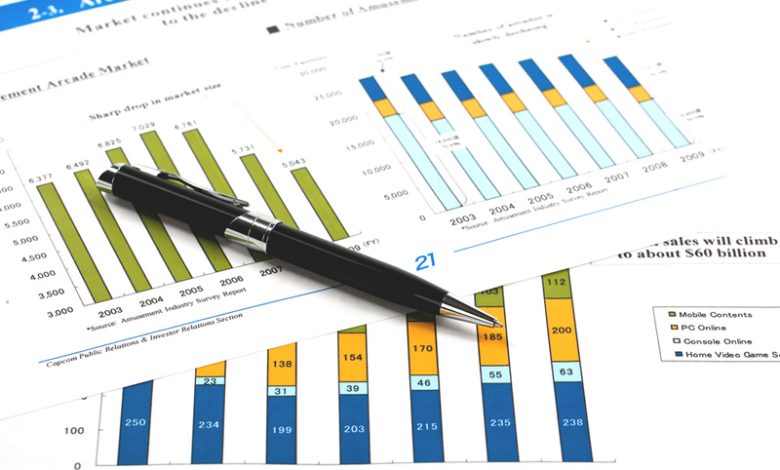
UniCredit’s ‘Federal Model’ Strengthens Foreign Subsidiaries, CEO States
By Valentina Za
Milan – UniCredit has established a "federal model" as a pan-European bank, featuring subsidiaries across its 13 markets that can operate independently, according to CEO Andrea Orcel. He emphasized the need for Europe to enhance financial integration.
Recently, UniCredit faced criticism in Germany after acquiring a nearly 21% stake in Commerzbank, pending supervisory approval, which would position UniCredit as the largest investor in the German bank.
Orcel reiterated his belief that Europe’s success relies on more integrated banking and capital markets, stating that each UniCredit subsidiary possesses the "flexibility and agility to act locally." He described the organization as a partnership of 13 distinct banks from various countries unified under a federal model.
The CEO has argued that a merger with Commerzbank would yield significant benefits for all stakeholders but has also suggested that UniCredit could opt to divest its stake.
The German response to Orcel’s approach has been one of rejection, with politicians and union leaders voicing concerns about UniCredit potentially taking control of the country’s second-largest listed bank.
"This is not just about expanding our presence; it’s about creating value for all of Europe. Our future relies on our capacity to collaborate," Orcel remarked.
Bettina Orlopp, the newly appointed CEO of Commerzbank, communicated to her staff that the bank’s leadership is committed to a strategy focused on maintaining independence.
Sources familiar with previous attempts by UniCredit to acquire Commerzbank have suggested a potential scenario where UniCredit’s German operations, HVB, could be integrated with Commerzbank, while retaining Commerzbank’s listing to preserve its local identity.
Orcel noted that UniCredit’s model is effective because it unites a "cohesive strategy and culture" with decentralized operational components.
Since Orcel’s arrival at UniCredit in 2021, he has streamlined decision-making, empowering staff in client-facing roles, whereas previously the focus was heavily on risk management and centralized decision processes.
The CEO reiterated the call for "bigger, stronger" European banks to bolster the continent’s economy and bridge the significant output gap with the United States.
Orcel also highlighted Italy’s post-COVID economic growth of 4.2%, asserting that the country has the credibility to advocate for the necessary reforms in Europe. He urged that just as Italy has played a pivotal role in the continent’s economic recovery, it should also lead the charge for greater integration.
 GOOGL
GOOGL  META
META 


